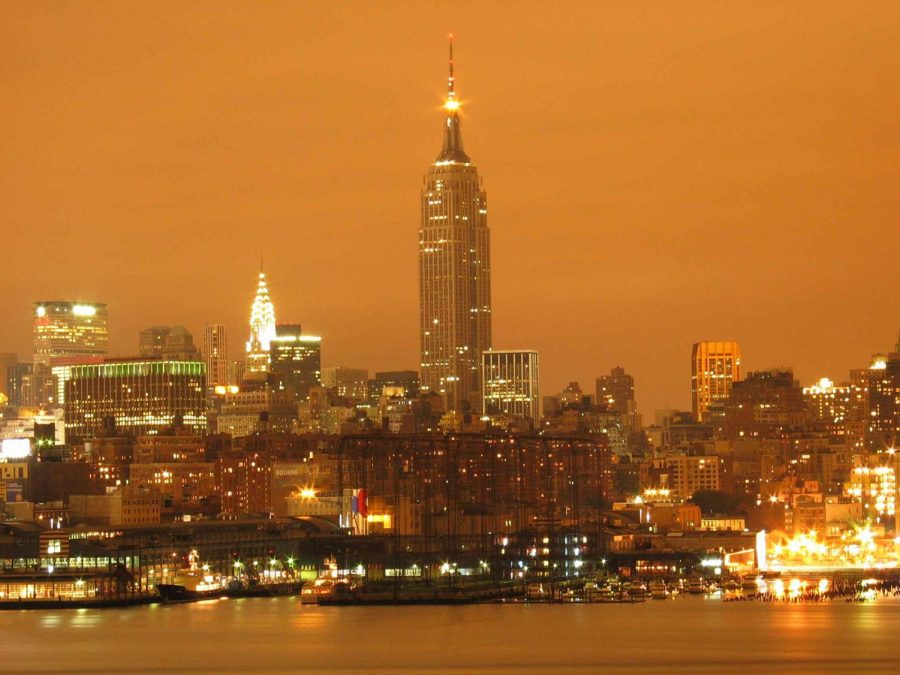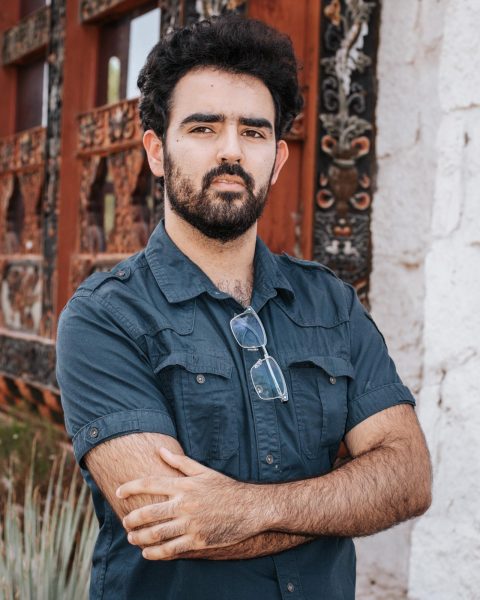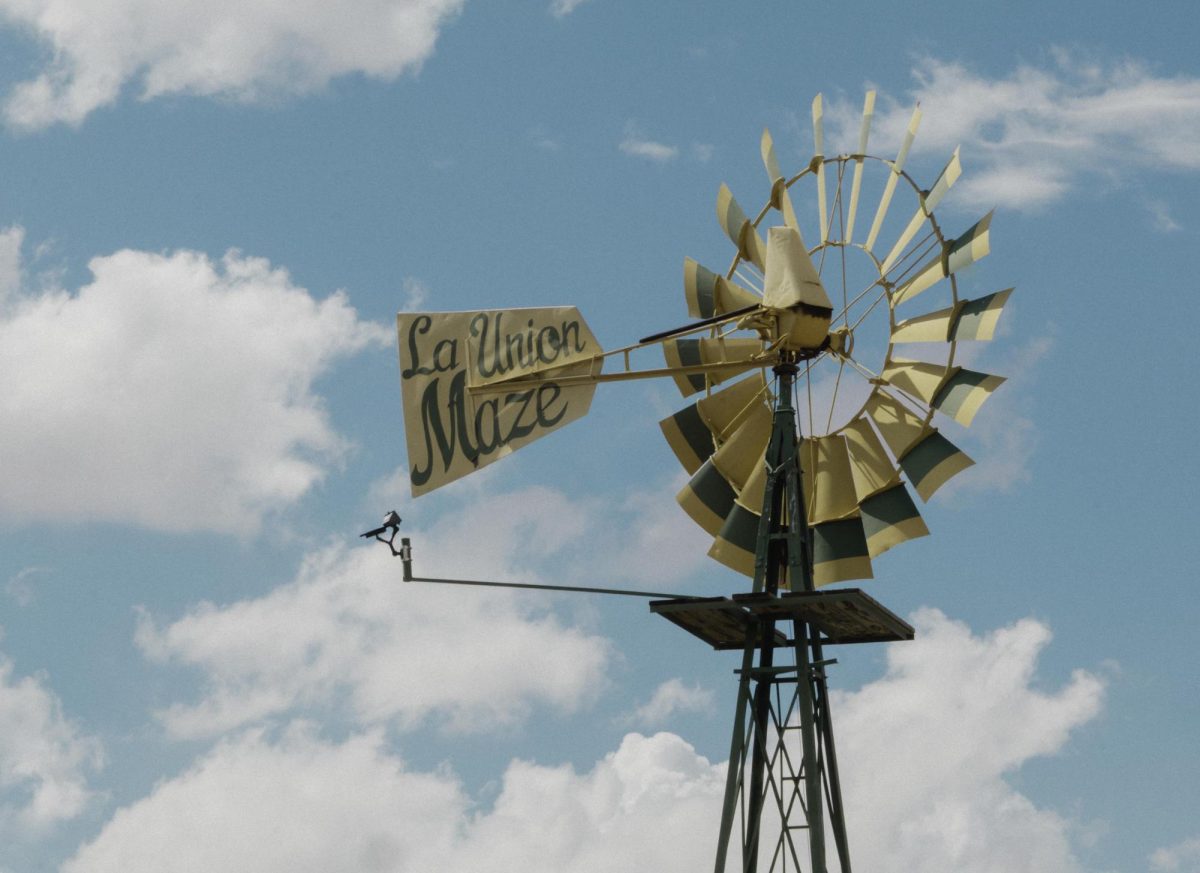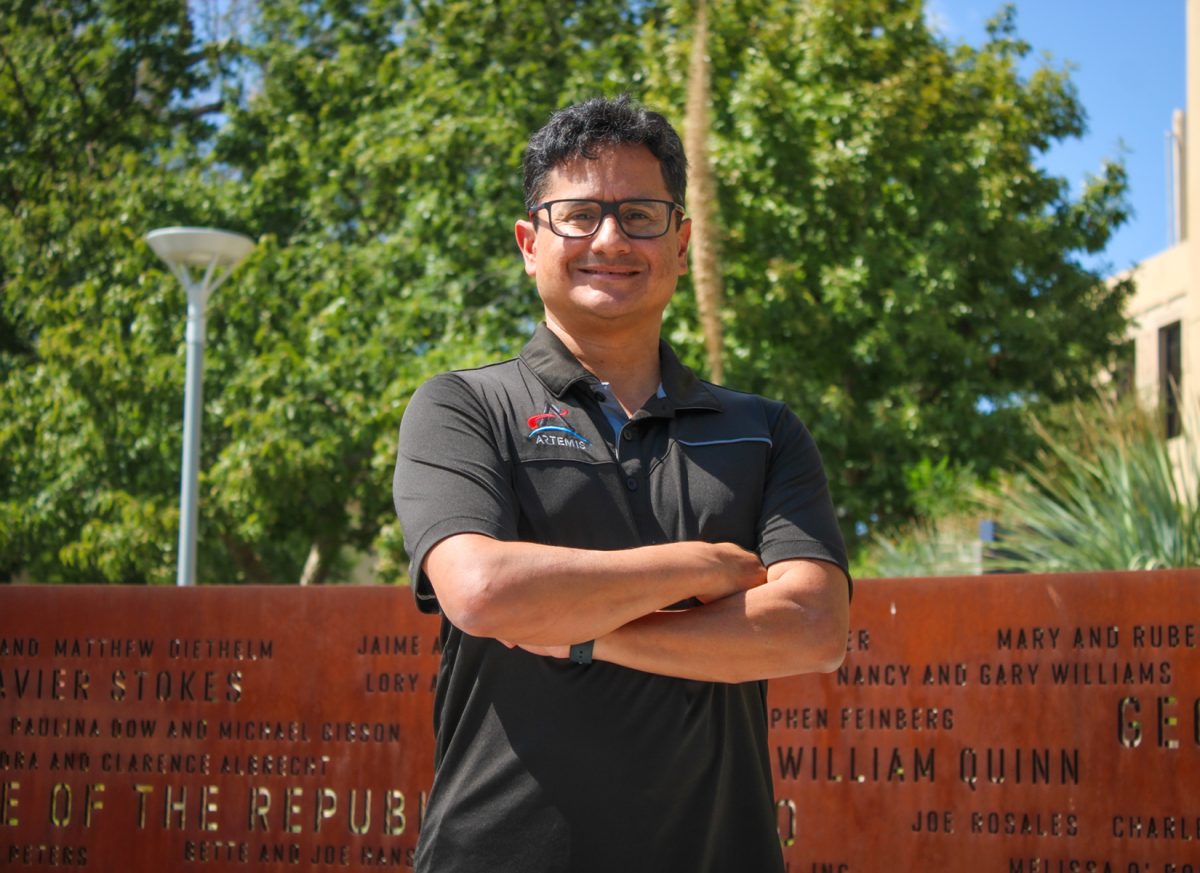Whenever our bodies need fixing, we feel pain; whenever our car needs fixing, it lights up the dashboard. But what happens when our planet needs to be fixed? June 6 was when we got one answer; the skies of New York City were set ablaze from the neighboring country of Canada.
Due to seasonal wildfires, it is natural for forests to burn every few months or years, as part of the nutrient and vegetation cycle. Unfortunately, the magnitude and length of such clouds of smoke and cinder are signs of a much bigger problem.
The official Natural Resources website from the Canadian government provides an explanation, “From global climate models and scenarios, researchers are interpreting how climate change and climate variability may alter patterns of lightning, fuel moisture, temperature, precipitation and vegetation—all factors that can affect fire occurrence.”
It seems that human interference in the environment has caused collateral damage, while its severe, it is not entirely hopeless, as counter methods have been slowly established over the past decades.
Furthermore, these kinds of catastrophes share a common problem with growing cities such as El Paso, Texas. Air pollution and quality is becoming an increasing issue in the city, one that New York residents are all too familiar with. While the forests fires are temporary, some people have experienced drastic changes to their health, resulting from smog and unregulated air pollution.
New York resident Ivan Brea was able to comment on the quality and changes in both cities. “I’ve never had chronic breathing problems myself, but I noticed a lot of my friends here do suffer substantially more from Asthma and allergies,” Brea said.
Brea was raised in El Paso for over 12 years and has lived in New York City as a student for the last four years. “It definitely feels heavier when you get here…air quality in El Paso is dustier and a lot windier which may help with the pollution.”
When asked about the three days of orange skies, Brea mentioned his experience. “The city was very slow to respond, a lot of non-profit organizations (churches, food banks, and shelters) had to step up and allow homeless and animals to sleep inside, but even then, it wasn’t enough,” Brea said. “The air was very heavy, and you felt incredibly tired after only a few hours, using a mask helped but it was very noticeable, luckily people were able to stay home and work.”
Comparatively, it seems El Paso is naturally better equipped to dispel the growing smog, and the lack of forests poses no dangers of wildfires. Still, the planet is giving us warning signs of change, so it is up to us to act now before it is too late. Even without massive consequences, the growing pollution still affects our organisms, so even if we survive the growing threats, how will our children live to see it.
Eugenio Cantu is a contributor and may be reached at [email protected].












